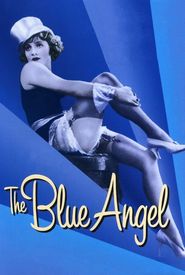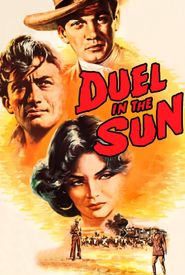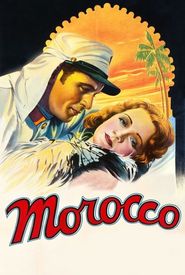Josef von Sternberg's childhood was marked by a tumultuous split between Vienna and New York City, with his father, a former Austro-Hungarian soldier, struggling to provide for his family in either location. Von Sternberg's memories of his father were dominated by the man's immense physical strength, which he often used to discipline his son.
Forced to drop out of high school due to poverty, von Sternberg worked in a Manhattan store that sold ribbons and lace to hat makers. It was during this time that he had a chance encounter in Prospect Park, Brooklyn, which led to a new career in the cleaning and repair of movie prints.
This job ultimately provided him with an entry point into the film production industry, which was thriving in Fort Lee, New Jersey. As an apprentice filmmaker, von Sternberg worked for several directors and producers, including Emile Chautard, whom he held in high regard.
Despite his early success with The Salvation Hunters (1925),von Sternberg struggled to find consistent recognition, with some projects receiving critical acclaim while others were met with indifference. His commercial breakthrough came with Underworld (1927),a prototypical Hollywood gangster film.
The making of The Last Command (1928),starring Emil Jannings, marked the beginning of a period of nearly a decade during which von Sternberg was hailed as one of the most celebrated artists of world cinema. His personal life was also transformed during this time, particularly through his collaboration with Marlene Dietrich, whom he cast in The Blue Angel (1930).
The von Sternberg-Dietrich partnership, both on and off screen, has become an iconic part of film history. Von Sternberg went on to direct Dietrich in six more films, and the two had a long and tumultuous romantic relationship.
Despite his later struggles with mediocrity at the box office and a falling out with Ernst Lubitsch, von Sternberg remains a hero to many critics and filmmakers. His best films continue to exemplify his assertion that the director is the determining influence on a film's worth, and that their despotic control is necessary to create something truly worthwhile on screen.









































